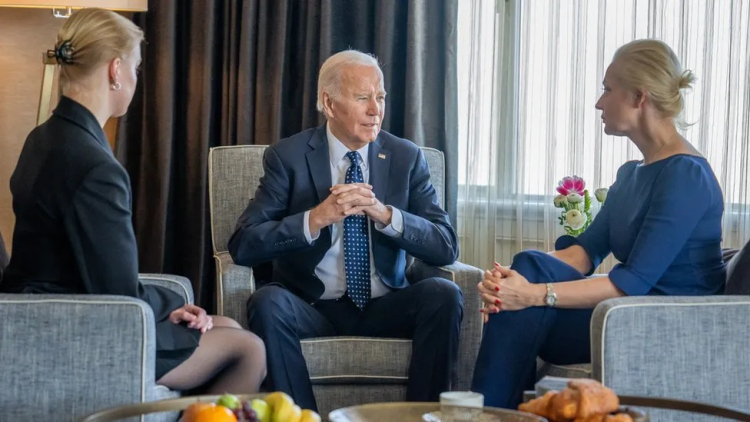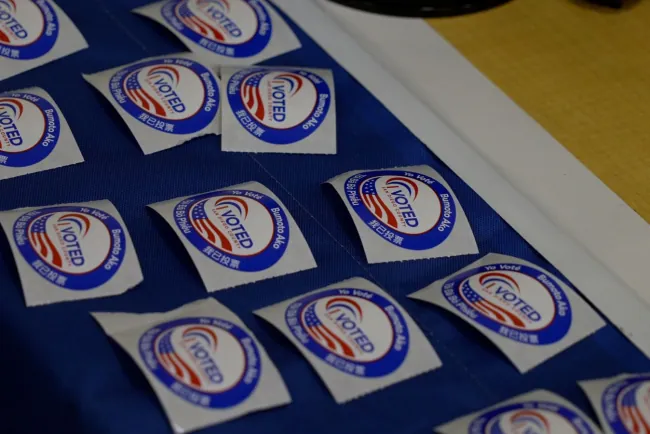The Tragic End of Navalny: Allegations, Reactions, and the Struggle Continues
Navalny's demise in a prison colony, the allegations of foul play, and the ensuing global reaction.

The Tumultuous Final Chapter of Alexei Navalny: A Fight for Dignity Beyond Death
In a revelation that has sent ripples through the international community and further strained the fraught political landscape in Russia, Lyudmila Navalnaya, the mother of the late Russian opposition figure Alexei Navalny, disclosed she was shown her son's body, amid Russian authorities' insistence on a "secret" burial.
The Unveiling of a Tragic End
Lyudmila's encounter with her son's mortal remains unfolded in a somber setting at a morgue, where she was compelled to sign his death certificate. This act alone paints a grim picture of the reality facing those who dare to oppose the Kremlin's iron grip. Navalny's press secretary relayed that a medical report handed to Lyudmila cited "natural causes" as the reason for Navalny's demise, a claim that his widow, Yulia Navalnaya, and numerous supporters vehemently dispute, insisting instead on foul play by Russian authorities.
For more insights into Navalny's life and activism, click here.
A Mother's Struggle Against the State
The narrative Lyudmila Navalnaya shared is one of coercion and manipulation by state officials, who, she alleges, are using her son's body as leverage to enforce a burial shrouded in secrecy and silence. Despite the law stipulating the return of Navalny's remains to his family, Lyudmila describes a chilling ultimatum delivered by the authorities: consent to their conditions for his interment, or face unspecified actions against her son's body.
The International Echo of Navalny's Death
The saga of Navalny's death and the subsequent battle over his burial rights caught the attention of the highest levels of global governance. In a significant show of solidarity, US President Joe Biden met with Navalny's widow and daughter, expressing admiration for Navalny's courage and signaling further sanctions against Russia. This encounter underscores the international dimensions of Navalny's struggle and the broader fight for human rights and democracy in Russia.
For further details on US-Russia relations, visit the U.S. Department of State's website.
Kremlin's Denial and the Quest for Truth
In the face of increasing scrutiny and condemnation, the Kremlin has steadfastly denied any involvement in Navalny's death, branding the widespread outrage as "hysterical". However, the circumstances surrounding Navalny's poisoning in August 2020 with the Novichok nerve agent, his recovery in Germany, and subsequent imprisonment upon his return to Russia tell a story of relentless persecution by the Russian state.
A Legacy of Resistance
Despite the Kremlin's efforts to suppress dissent and memorialize Navalny in a manner that diminishes his influence, the response from his supporters and the international community speaks to the enduring power of his legacy. Navalny's life work, marked by his fight against corruption and for a democratic Russia, continues to inspire a movement that the Russian authorities have struggled to quell.
As the world watches, the battle over Navalny's burial transcends the personal tragedy of a grieving family; it symbolizes the broader struggle for freedom, dignity, and justice in the face of authoritarianism. The determination of Lyudmila Navalnaya to honor her son's memory and legacy is a poignant reminder of the human cost of political dissent in Russia and the resilience of those who continue to fight for a future where such sacrifices are no longer necessary.
For more information on the global response to Navalny's death, read the latest UN Human Rights Council reports.
What's Your Reaction?






















